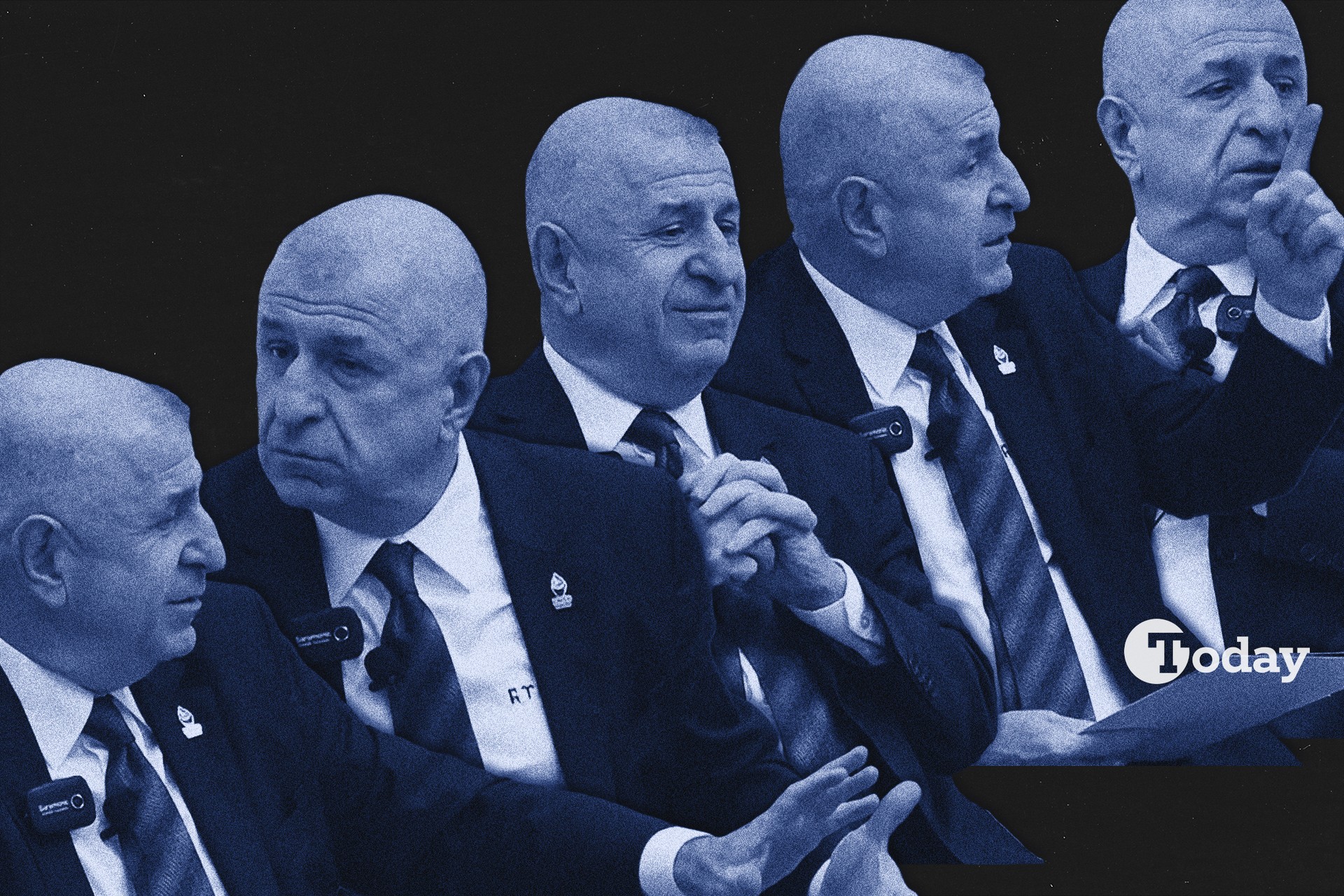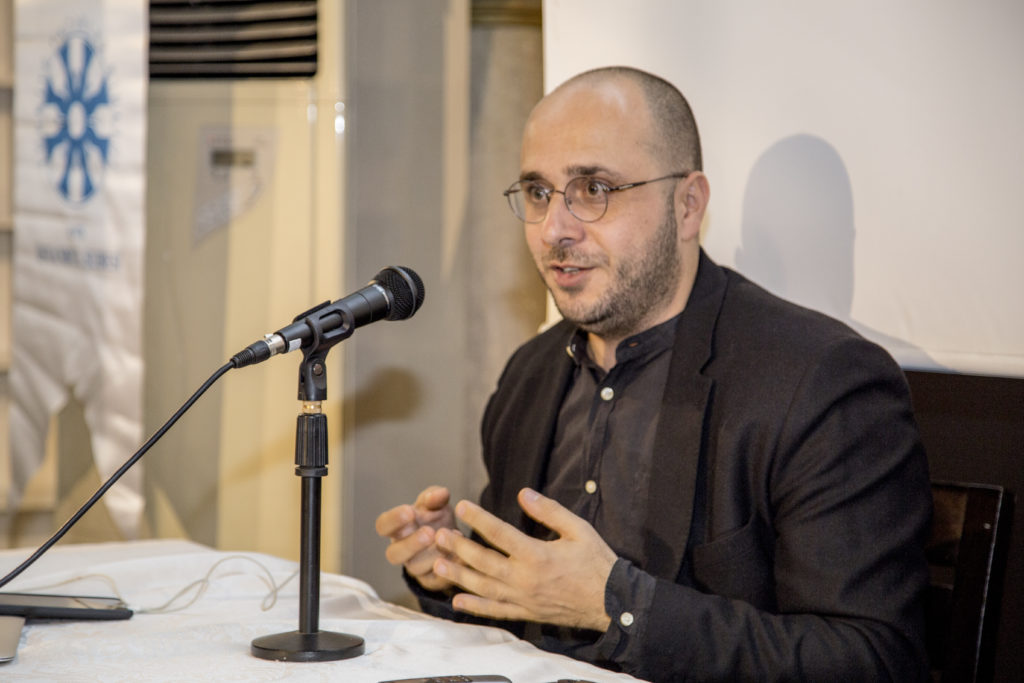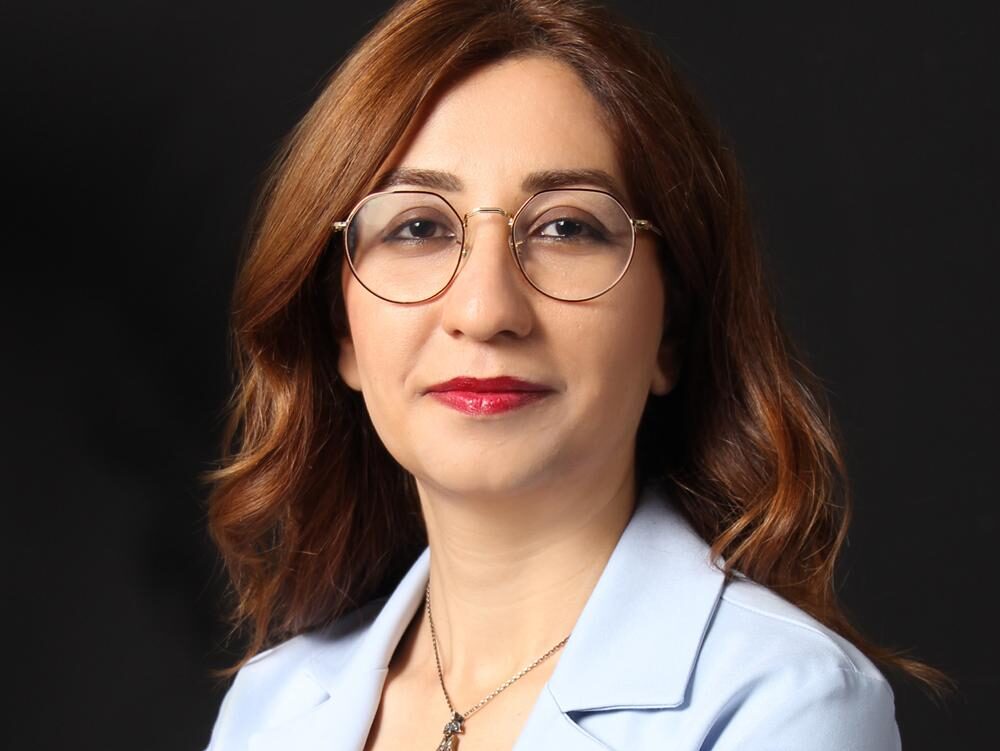
Nationalist Movement Party (MHP) leader Devlet Bahceli’s call on terrorist organization PKK leader Abdullah Ocalan on Oct. 22 sent shockwaves across Türkiye’s political spectrum.
Bahceli proposed imprisoned Ocalan to urge the PKK to lay down arms and end its terror, offering a potential path to house arrest or release through a special legal clause.
The PKK/YPG terror attack in Ankara on Oct. 23, only one day after Bahceli’s statement, left many curious if it would affect his new stance on the Kurdish issue. It did not.
On Oct. 26, Bahceli stated, “It is politically and religiously imperative for Kurds and Turks to love each other.”
However, many of those affected by the violence from fighting the PKK/YPG since the 1970s, often coming from the country’s nationalist bloc, believe that Türkiye must not pursue any compromise regarding the situation.
Victory Party (Zafer Partisi) along with some other small nationalist parties, can be the address for disillusioned hardline voters on Türkiye’s terror issue.
After Bahceli’s controversial statements, many social media users declared that they cancelled their MHP membership to join Umit Ozdag’s Victory Party.
One Victory Party source talking to Türkiye Today noted that 17,000 people became members of the party in only three days following Bahceli’s speech.
The party’s website also collapsed on the evening of Oct. 22 because of high traffic. But, the source hints that their website may have been attacked by the political foes.
Two snap surveys on the issue reveal that the far-right Victory Party may benefit from the issue. Many believe the party, which received a meager 2.3% vote in the last general elections in 2023, may have a higher potential in the mid-term.
One survey from the Society Studies Institute showed that 73% of Turkish people disagree with Bahceli on the issue.
Bahceli’s remarks, deemed as an ‘olive branch’ to PKK leader Ocalan, were a top-down statement. Bahceli and his ally Justice and Development Party (AK Party) Chairman Erdogan did not spend any effort to prepare the public for such a move.
Umit Ozdag of Victory Party is a former three-decade-long MHP member and lawmaker. The 63-year-old politician’s love-hate relationship with Bahceli resulted in his resignation in 2016.
He punches above his weight.
Ozdag’s ability to affect political discourse is unmatched despite having a relatively small voter base.
Victory Party is a one-man show. A growing trend in Turkish politics over the last five years, as many politicians left their long-standing allegiances and launched their small parties over disagreements or in preparation for the post-Erdogan period.
Speaking to Türkiye Today, Yildiray Ogur, the editor-in-chief of Serbestiyet, maintained that it is challenging for the Victory Party to become the primary choice for protest voters due to its limited visibility.
“The Victory Party’s reaction to Bahceli’s statement was much softer than I expected. The Good Party (IYI Party) chose to take a more vocal stance. However, since both parties hold deep respect for MHP leader Bahceli, it is not easy for them to target him personally. If President Erdogan had been the main spokesperson in this process, things would likely have been different,” Ogur stated.

According to Ogur, Bahceli’s role as a spokesperson positively impacts the process.
On the other hand, Onur Alp Yilmaz, the general director of BUPAR Research, provided a different perspective.
Yilmaz argued that the Victory Party could significantly benefit from Bahceli’s actions, as they may attract a new group of voters to their base – a group that Ozdag could consolidate.
So far, the Victory Party has garnered support primarily from anti-refugee sentiment in Türkiye. However, as a former MHP politician, Umit Ozdag may also draw support from nationalists disillusioned by the potential release of PKK leader Ocalan.
“In a period of Turkish peoples’ distrust of public and pollical institutions, and of the increasing number of undecided voters, if you decide to impose your policy on the people without attempting to persuade them, voters may feel like they lose the only thing they possess, which is the state. With Bahceli’s statement, they may feel they are losing the only thing they have left,” Yilmaz explained.
Yilmaz believed this sentiment could boost the votes for smaller parties such as the Victory Party and the New Welfare Party.
In the last general election, these two parties received 2.3% and 2.8% of the votes, respectively.
Political Science professor Burak Bilgehan Ozpek at TOBB ETU University and Daktilo 1984 co-founder suggested that the Victory Party has a chance to significantly expand its voter base.
Ozpek referred to recent surveys showcasing a growing number of undecided voters, nearing one-third of the population.
“In times like these, when there is deep mistrust in political parties, people often turn to smaller parties that are more superficial, anti-corruption, and anti-establishment. The Victory Party is one of these. Such anti-system parties often appear more ethical to people. They may vote for them not out of love or belief, but as a way to express their frustration,” Ozpek explained.
‘Victory Party will not be a game changer’
Seren Selvin Korkmaz, the co-founder of the Istanbul Political Research Institute (IstanPol) and Mercator-IPC Fellow, is cautious about the Victory Party’s prospects.

Korkmaz suggested that if a potential peace process is not handled well, the Victory Party could expand its voter base. However, she argues this would not make the Victory Party a game-changer in Turkish politics.
“I don’t think a new wave of voters would enable the Victory Party to replace the MHP as the central force in the nationalist spectrum,” Korkmaz opined.